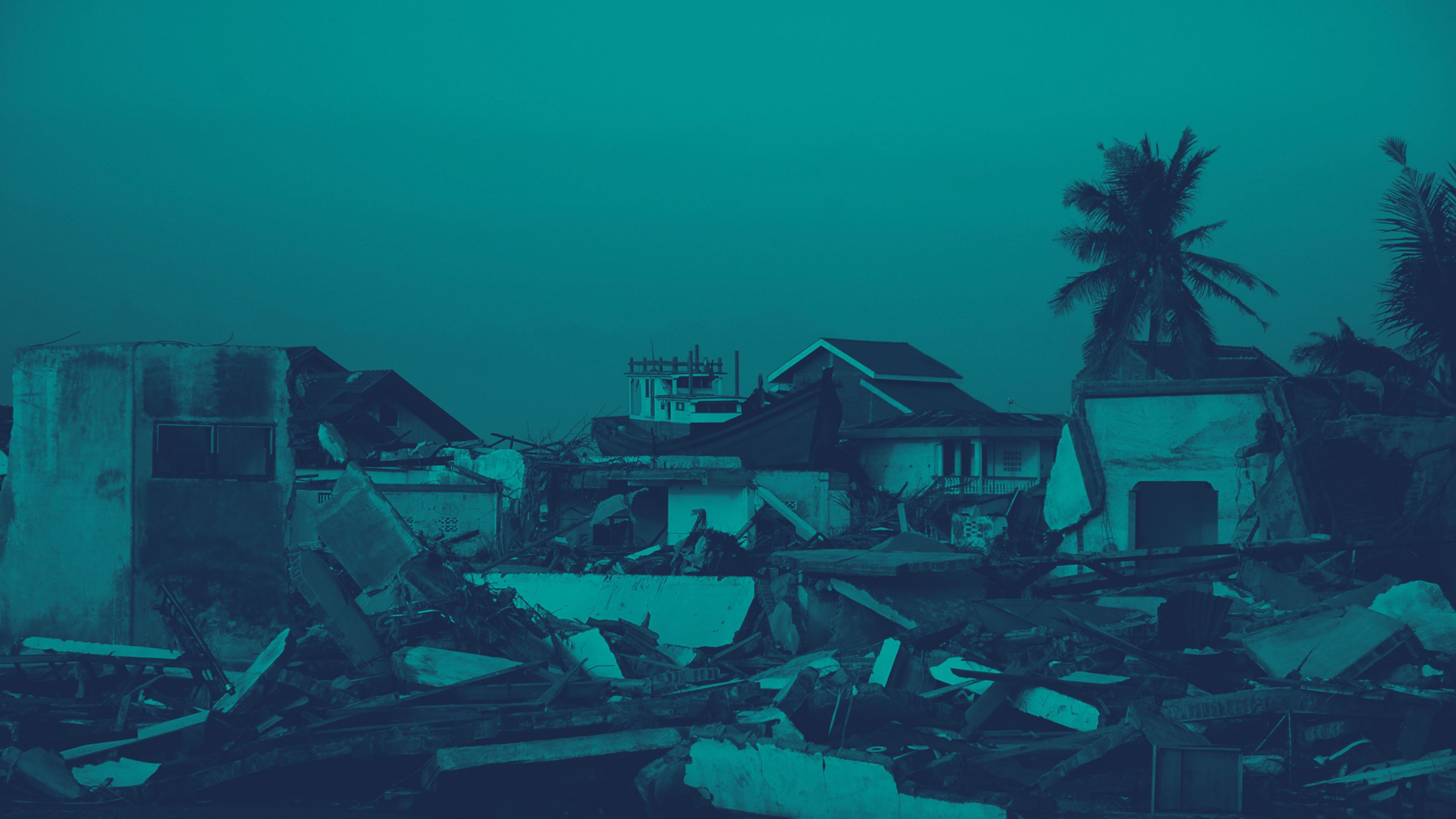Registration
You will receive an email confirming your registration.
Climate change litigation is experiencing an unprecedented moment. More and more states are turning to international tribunals to seek guidance on a key question: what are their obligations under international law to address the climate crisis? The International Court of Justice is analyzing what the legal consequences are for those that have harmed the climate system. The Inter-American Court of Human Rights has been tasked with clarifying states’ human rights obligations in relation to the climate emergency, including on climate-related mobility. Similarly, the International Tribunal on the Law of the Sea (ITLOS) was asked to look at states’ obligations under the United Nations Convention on the Law of the Sea (UNCLOS) to mitigate pollution of the marine environment.
In May, ITLOS delivered its advisory opinion, confirming, for instance, that carbon emissions “constitute pollution of the marine environment” as defined by the UNCLOS, with all that entails for the 164 United Nations member states who are party to it. It's now time to explore what this ruling means in practice. Will there be progress on accountability for polluters? And considering that one of the impacts of climate change is increased involuntary human mobility, do courts offer promise for governing climate mobility?
Join the Carnegie Endowment for International Peace for an online discussion on this landmark decision and the future of climate litigation. Liliana Gamboa, a nonresident scholar in Carnegie’s Sustainability, Climate, and Geopolitics program and Carnegie California, will moderate this panel featuring Antonia Urrejola, Lee-Anne Sackett, Viviana Krsticevic, and Ama Francis,. They will take audience questions at the conclusion of the event.
